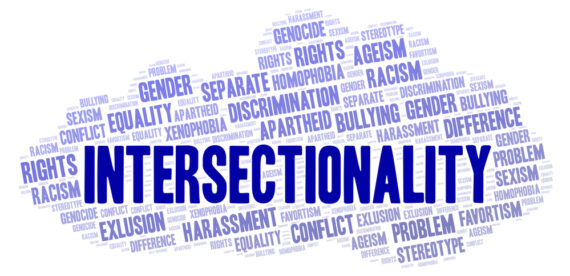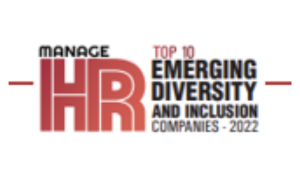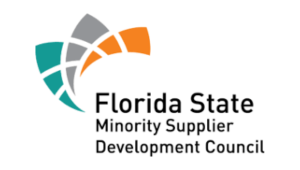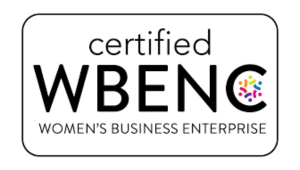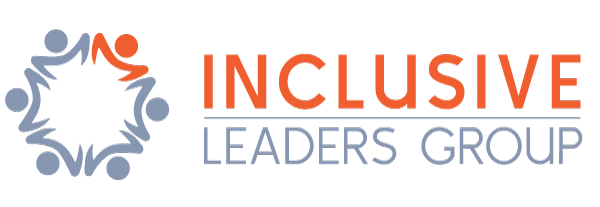My last post provided a LGBTQ+ Inclusion: a Guide for HR every day on-the -job tips for HR leaders and professionals.
Today, I follow up with LGBTQ+ intersectionality. Human lives cannot be explained by single categories, such as gender, race, and sexual orientation. The intersection of these categories can produce both experiences of privilege and oppression. Intersectionality addresses discrimination that arises at the specific intersection of multiple identities.
What HR Should Know About LGBTQ+ Intersectionality
Together, BCG and New York City’s Lesbian, Gay, Bisexual & Transgender Community Center, a nonprofit service, and advocacy organization, surveyed 2,000 LGBTQ employees and 2,000 non-LGBTQ (straight) employees across the US. The goal was to understand the experiences of today’s LGBTQ workforce and how companies can create more inclusive workplaces. The results show that despite significant investment and decades of hard work, organizations still need to do more. Consider that 40% of LGBTQ+ employees are closeted at work and 75% have reported experiencing negative day-to-day workplace interactions related to their LGBTQ+ identity in the past year.
Many diversity, equity, and inclusion (DEI) initiatives stumble out of the gate, or stall after several months because they are too siloed. Training and creating employee resource groups (ERGs) is a good first step to engage employees in your DEI work, but the effort shouldn’t stop there. For employees to bring their full selves to work, employers need to understand that individuals are not defined by just one characteristic. People can identify with multiple marginalized groups, and employers should be mindful of that.
HR leaders and practitioners must focus on culture change in order to improve employees’ interactions with colleagues, direct managers, and leadership—what Boston Consulting Group calls the “1,000 daily touch points.” Negative touch points are costly: employees who experience more negative touch points are 40% less productive and 13 times more likely to quit a job.
The evolving makeup of the LGBTQ+ workforce and its multifaceted composition present challenges to changing organizational culture—but in this complexity lies the solution. Future D&I efforts aimed at LGBTQ+ employees must acknowledge multiple personal attributes in addition to sexual orientation and gender identity. Demographic factors (like race, generation, and immigrant status) and life factors (such as caregiver status, religiousness, managerial level, and income) mean that each LGBTQ employee has a different life experience. Successful culture change will take a “segment of one” lens to acknowledge each employee’s unique life context and needs. This is a new approach for many US companies but one that is critical to create truly inclusive workplaces.

Significant Progress, However Far More Improvement Is Needed
LGBTQ rights have advanced dramatically over the past 20 years, and much of corporate America has been central in shaping public opinion and boosting LGBTQ+ diversity in the workplace. The bulk of these efforts have been focused on developing equitable HR policies and benefits and setting up employee resource groups (ERGs). These actions have generated positive results: according to the 2020 edition of Human Rights Campaign’s annual Corporate Equality Index, 65% of all companies evaluated have a perfect score of 100. Among large companies, the numbers look even better: the average score for Fortune 500 companies that participated is 90%. All these companies have nondiscrimination policies in place regarding sexual orientation and nearly all (98%) regarding gender identity. Moreover, 91% have made public commitments to the LGBTQ+ community and 88% have trans-inclusive benefits.
HR leaders and practitioners can download the FREE E-guide on Intersectionality for more information DOWNLOAD HERE
Additional resources for HR leaders include:
- Download the FREE E-book:The CHRO’s Guide to Advancing Workplace DEIB: A Human Resource Leader’s Guide to Advancing Diversity, Equity, Inclusion & Belonging in the Workplace. DOWNLOAD HERE
- Join the Inclusive Leaders Group community for regular updates and DEI best practices tips. SIGN UP HERE
Inclusive Leaders Group, LLC: A Strategic Consulting Firm Specializing in Diversity, Equity, Inclusion (DEI) as a Business Strategy.
At Inclusive Leaders Group, we help leaders create safe, inclusive spaces that elevate employee engagement and performance to improve the business results and the communities they serve. Our clients rank among the top five markets with 98% action plan completion using our proven process to enhance and sustain results.
Inclusive Leaders Groups’ diverse SMEs will guide you through the development of progressive, evidence-based, business-driven DEI strategies to retain the best talent and increase employee engagement by 30% and overall satisfaction by 10% in one year.
ILG is a Certified Woman-Owned & Minority-Owned Business. Don’t go it alone with your DEI strategy. Go with the experts. VISIT US
As CEO and Principal Consultant of Inclusive Leaders Group, LLC, Charlotte Hughes MS, CDP, SHRBP, CPLP brings a diverse background as an accomplished Workforce and Organizational Development and Diversity & Inclusion global thought leader and practitioner for several major Fortune 100 companies and one of the largest health systems in the U.S. Charlotte delivers more than 60 speeches and facilitates roughly the same number of training workshops each year.

